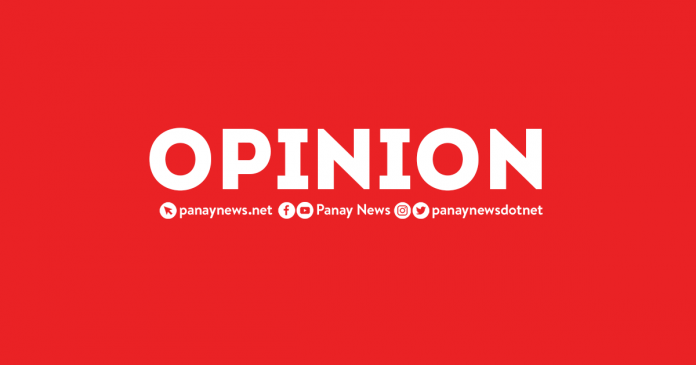
BY JEREMAIAH M. OPINIANO
Institute for Migration and Development Issues
THE PHILIPPINES yesterday began setting up a “mega” department that will explicitly handle the welfare, rights and employment conditions of Filipino migrant workers.
Thanks to Republic Act 11641 (signed just last 30 December by President Duterte), the Department of Migrant Workers started becoming operational April 4th with the approval of the law’s implementing rules and regulations (IRR). Though, there will be a two-year transition for DMW to be fully operational, says Foreign Affairs Undersecretary Sarah Arriola.
This fulfilled electoral promise by President Duterte called the DMW will see bureaus and offices from three departments —Labor and Employment (DOLE, with five), Foreign Affairs (DFA, one) and Social Work and Development (DSWD, one)— now housed under one roof.
The Philippine Overseas Employment Administration (POEA) will spearhead the offices under the new department. Joining the POEA will be the National Reintegration Center for OFWs (NRCO), the Philippine Overseas Labor Offices (POLO), the International Labor Affairs Bureau (ILAB) and the National Maritime Polytechnic (NMP). DFA’s Office of the Undersecretary for Migrant Workers Affairs (OUWMA) and the DSWD’s Office of the Social Welfare Attaches complete the DMW cast. As a footnote, for each embassy and consulate, there will now be a Migrant Worker’s Office (MWO) that serves as DMW’s overseas frontline. In addition, the Overseas Workers Welfare Administration (OWWA) will be the only attached agency of the DMW since OWWA has its own charter as a semi-government owned and controlled corporation (GOCC) while also serving as a welfare agency.
Even with their specific mandates previously, these absorbed offices try to find ways to coordinate especially when distressed overseas Filipino workers (OFWs) seek government aid in both host countries and in the Philippines. Yet admittedly, prior to RA 11641, a Philippine embassy or consulate has DOLE’s labor attache, the welfare officer from OWWA, the social welfare attache, the assistance-to-nationals (ATN) personnel of the DFA, and of course the ambassador or consul-general. These various Philippine government personnel work in the spirit of what is called the one-country team approach that the ambassador or consul-general spearheads.
And when the OFW needs to be repatriated, the embassy or consulate then cooperates with DFA – OUMWA and with OWWA. The now two-year-old COVID-19 pandemic saw this coordination by OUMWA and OWWA, leading now to over-900,000 returnee OFWs being assisted.
Perceived coordination confusions, and probably puzzlement for the OFW seeking help and assistance, prompted lobbies for RA 11641 since July 2016. Prior and during the pandemic, lobbyists aver that OFWs go through a maze of offices to seek immediate help; to report erring employers and recruitment and manning agencies; to file cases; to seek economic aid for returnees’ reintegration; and to access psychosocial services for OFWs (especially women) in vulnerable and distressful situations.
This plethora of agencies was a by-product of decades that the Philippines had regulated the overseas labor migration of Filipinos, especially for OFWs or temporary migrant workers. Since the enactment of the 1974 Labor Code that began the regulation of overseas employment, agencies had been set up for migrant workers. As for permanent migrants or emigrants, we have the Commission on Filipinos Overseas (CFO) serving their needs and also ensuring their safe and orderly migration.
Come the mid-2000s, not only was the NRCO formed. Other agencies outside of the migrant sector have dipped their hands to serve OFWs and even permanent migrants and naturalized citizens abroad. There’s DSWD. We have the social protection agencies such as the Philippine Health Insurance Corporation (PhilHealth), the Social Security System (SSS), the Pag-Ibig Fund, even the Department of Justice (DOJ) because of its hosting of the Inter-Agency Council Against Trafficking (IACAT). Of course, the Bangko Sentral ng Pilipinas (BSP) regulates the remittance products being offered in the market while recording remittance inflows. (To be continued)/PN



